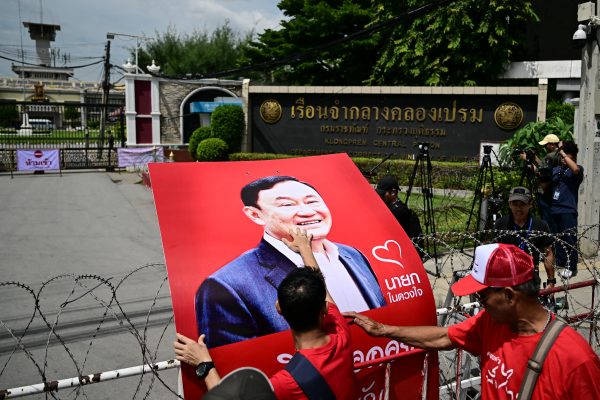Thai journalists can be better

Today is World Press Freedom Day. Thailand also celebrates this important day designated by the United Nations.
This year, the UN theme is dedicated to the importance of journalism and freedom of expression in the context of the current global environmental crisis.
As we are well aware, the world is facing a climate crisis that demands better understanding and awareness of the citizens of the world. Well, we all still want an ordinary life!
Therefore, journalists all over the world have an important responsibility to understand global trends in environmental issues and they must disseminate the facts in ways that do not distort the reality and situation on the ground.
Today, the pivotal issues to which journalists around the world must pay attention are the challenges related to supply chains, climate-related migration, extractive industries, illegal mining, pollution, poaching, wildlife trafficking, and deforestation.
The United Nations Secretary General Antonio Guterres has appealed for these issues to be kept visible as they are important to promoting peace and democratic values worldwide.
In Thailand, making environmental challenges visible is a big problem. First of all, the journalists covering them are few and far between and, most importantly, their quality and professionalism are still found wanting.
They need further training to comprehend the complexity of their own as well as the regional and global environment. For instance, the local media have not done a good job of reporting on the causes and effects of the air pollution caused by vehicles, the burning season and industrial emissions.
They simply follow the issues on a daily basis without digging deep into the causes and the solutions.
The recent discovery of more than 15,000 tonnes of abandoned cadmium waste is another case in point.
This danger should and would have been reported a long time ago if the media community here had paid enough attention to serious environmental issues.
The problem is that today the Thai media, both on traditional and social media platforms are too zeroed in on political and entertainment personalities that make headlines and attract viewers. They completely ignore the big picture.
The proliferation of influencers and other forms of quickly shared and disseminated news have pushed environmental issues to the back burner. A glance at YouTube impresses with the massive amount of views and investigations of personal feuds and malfeasance.
As such, the Thai media must recruit more journalists able to cover environmental issues and other less sensational topics. Universities must set up courses and encourage potential students to understand environmental and climate crises in a holistic way.
Sad but true, most of the higher learning institutes are no longer interesting in teaching traditional ways of news gathering, fact-checking and editorial skills.
Today technology and AI are greatly influencing Thai journalism both in terms of speed and content. Today, instant news can be accessed anytime and anywhere but the Thai social media’s biggest problem has to do with accuracy and the so-called surreal truth..
From the regional perspective, Thailand has enjoyed a relatively high freedom of expression and media freedom.
It is high time that Thai journalists put more efforts and improve overall journalistic skills on reporting long term on life threatening issues because today the global environment has become an international priority. The Thai media should contribute to this positive trend without fail.
Kavi Chongkittavorn






